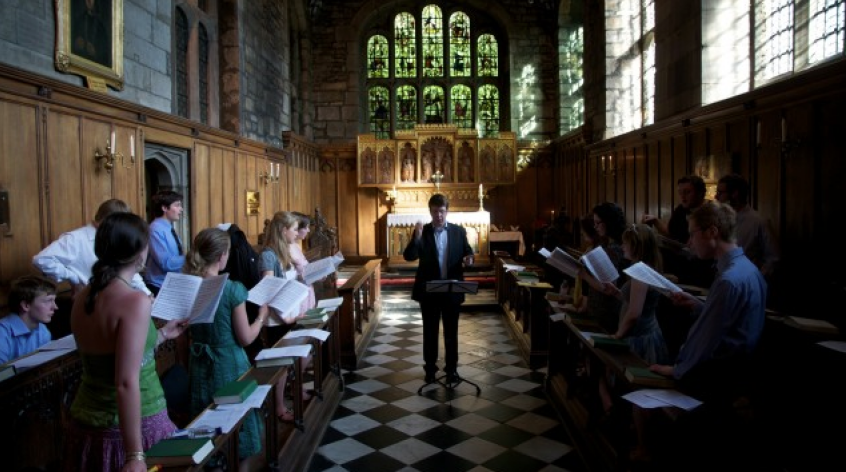Figures collected by the Church of England on worship attendance at three top English universities show a startlingly high level of participation in college chapel services.
Fifty-six college chapels in the Universities of Oxford, Cambridge, and Durham were asked about their activities during 2016. Responses were received from 46.

As well as figures about confirmations, marriages and funerals, colleges were asked for the first time about their 'worshipping community' – those who attend the chapel regularly, for example at least twice a term.
Oxford, Cambridge, and Durham college chapels reported a total worshipping community of 4,688 people.
On average, just over a fifth of the college student body are part of the worshipping community, the report says.
Figures for midweek attendance were provided by 41 chapels, which reported figures of just over 4,000, nearly a third of whom were students.
Nearly 3,000 people attended on Sundays, of whom just over half were students.
According to the report, 'No estimation has been attempted for chapels that did not respond, so the totals presented may understate the full scale of the activities of Oxford, Cambridge and Durham University college chapels.'
The levels of attendance are striking given the low numbers of people attending weekly Anglican services in the country as a whole, at under two per cent of the population.
Rev Prof Anthony Bash, chaplain at Durham University's Hatfield College, told Christian Today: 'It is true that many students do not always resonate with some of the traditional patterns of institutional worship. However, students often ask questions that have to do with some of life's "big questions", and whether students realise it or not, Christianity has answers to some of those big questions.
'College chapels, and other forms of Christian engagement that college chaplains promote, can provide space for students to ask those big questions, and explore some of the answers. It's case of making sure that chapels start where students are, not where we think they should be.'













